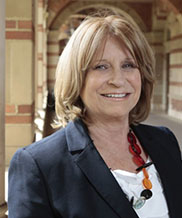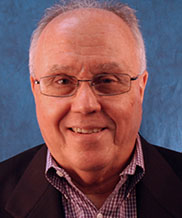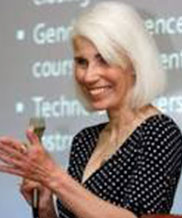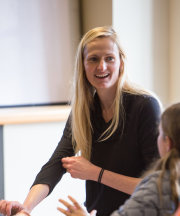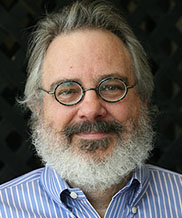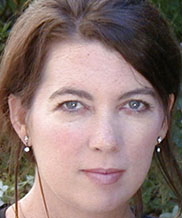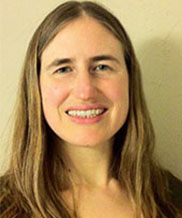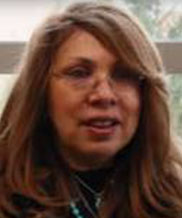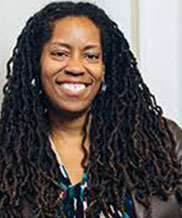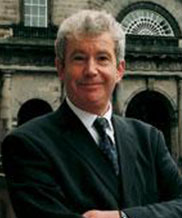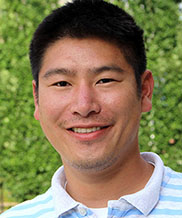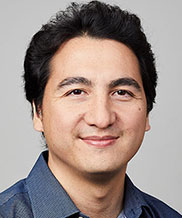NSF Design & Synthesis Workshop
Weaving the Fabric of Adaptive STEM Learning Environments Across Domains and Settings
The goal of this workshop was to articulate a transformative vision of future STEM learning for diverse learners across domains and settings. This concept forges a nexus among the emerging (a) sciences of learning, (b) assessment, and (c) big data to formulate frameworks and tools for designing STEM learning environments. Taking an equity-first approach for broadening participation through innovative designs, this project convenes interdisciplinary teams to produce a white paper proposing forward-looking digitally-augmented STEM environments that bridge formal and informal learning contexts and are responsive to the needs to every learner.
 The white paper articulates a future research agenda that could lead to new breakthroughs at the Human-Technology Frontier.
The white paper articulates a future research agenda that could lead to new breakthroughs at the Human-Technology Frontier.
This workshop was funded through the “Dear Colleague Letter: Principles for the Design of Digital Science, Technology, Engineering, and Mathematics (STEM) Learning Environments (NSF 18-017).”
Workshop was held:
March 14, 2019, 8am – 5pm
March 15, 2019, 8am – 4pm
Location:
Lane/Lyons/Lodato wing of Fisher Conference Center – within Arrillaga Alumni Center.
326 Galvez St,
Stanford, CA 94305
Workshop Leads
Roy Pea
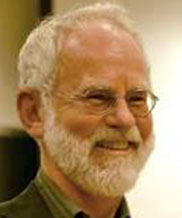 Dr. Roy Pea is the David Jacks Professor of Education and the Learning Sciences at Stanford University, Co-Founder and Faculty Director of the H-STAR Institute, Director of the PhD Program in Learning Sciences and Technology Design, and Professor, Computer Science (Courtesy). Since 1981, Dr. Pea has been exploring how information technologies can support and advance the scientific understanding and practices of learning and teaching, with particular focus on topics in science, mathematics, and technology education and their associated symbolic and communicative interchanges that are integral to learning. He has published widely on K-12 learning and education, especially in science, math and technology, fostered by advanced technologies including scientific visualization, on-line communities, digital video collaboratories and mobile computers. His current work is examining how informal and formal learning can be better understood and connected, and developing the DIVER paradigm for everyday networked video interactions for learning and communications. Other current research includes the influence of point of view on video-supported learning and collaboration; precollege mobile science inquiry and learning with sensors;and informal math learning in families.
Dr. Roy Pea is the David Jacks Professor of Education and the Learning Sciences at Stanford University, Co-Founder and Faculty Director of the H-STAR Institute, Director of the PhD Program in Learning Sciences and Technology Design, and Professor, Computer Science (Courtesy). Since 1981, Dr. Pea has been exploring how information technologies can support and advance the scientific understanding and practices of learning and teaching, with particular focus on topics in science, mathematics, and technology education and their associated symbolic and communicative interchanges that are integral to learning. He has published widely on K-12 learning and education, especially in science, math and technology, fostered by advanced technologies including scientific visualization, on-line communities, digital video collaboratories and mobile computers. His current work is examining how informal and formal learning can be better understood and connected, and developing the DIVER paradigm for everyday networked video interactions for learning and communications. Other current research includes the influence of point of view on video-supported learning and collaboration; precollege mobile science inquiry and learning with sensors;and informal math learning in families.
Shuchi Grover
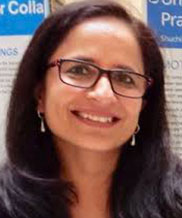 Dr. Shuchi Grover is a Visiting Scholar at Stanford University and Senior Research Scientist at Looking Glass Ventures (an NSF SBIR-funded social education venture focused on OER homework systems and assessments for STEM). A computer scientist and learning scientist by training, Shuchi’s work in computing education in both formal and informal learning settings has spanned two decades and multiple geographies in US and Asia. Her current research centers on computational thinking (CT), computer science (CS) education, and STEM+Computing integration mainly in formal K-12 settings. Formerly a senior research scientist at SRI International, Shuchi is currently PI/Co-PI on several grants from the US National Science Foundation to conduct research on CT learning and assessment in varied PK-12 contexts including introductory CS education and STEM classrooms that integrate CS and CT. She leads these projects in collaboration with (among others) Stanford University, Vanderbilt University, SRI International, Digital Promise, and Education Development Center. She also works at the intersectional space between learning, assessment and big data analytics to shape future environments for deeper learning with embedded assessment.
Dr. Shuchi Grover is a Visiting Scholar at Stanford University and Senior Research Scientist at Looking Glass Ventures (an NSF SBIR-funded social education venture focused on OER homework systems and assessments for STEM). A computer scientist and learning scientist by training, Shuchi’s work in computing education in both formal and informal learning settings has spanned two decades and multiple geographies in US and Asia. Her current research centers on computational thinking (CT), computer science (CS) education, and STEM+Computing integration mainly in formal K-12 settings. Formerly a senior research scientist at SRI International, Shuchi is currently PI/Co-PI on several grants from the US National Science Foundation to conduct research on CT learning and assessment in varied PK-12 contexts including introductory CS education and STEM classrooms that integrate CS and CT. She leads these projects in collaboration with (among others) Stanford University, Vanderbilt University, SRI International, Digital Promise, and Education Development Center. She also works at the intersectional space between learning, assessment and big data analytics to shape future environments for deeper learning with embedded assessment.
Learn more about Shuchi Grover
Bryan Brown
 Dr. Bryan Brown is Associate Professor at the Stanford University School of Education, and Associate Dean for Student Affairs. His research explores the relationship between student identity, discourse, classroom culture, and academic achievement. He conducts mixed methodological work exploring how race, language, and culture impact students learning in urban classrooms. His research has expanded beyond his focus on science education, to include issues of college access in urban communities. His recent work explores how classroom and school culture shapes access to higher education.
Dr. Bryan Brown is Associate Professor at the Stanford University School of Education, and Associate Dean for Student Affairs. His research explores the relationship between student identity, discourse, classroom culture, and academic achievement. He conducts mixed methodological work exploring how race, language, and culture impact students learning in urban classrooms. His research has expanded beyond his focus on science education, to include issues of college access in urban communities. His recent work explores how classroom and school culture shapes access to higher education.
Workshop Advisory Group
Program Committee
Invited Thought Partners


